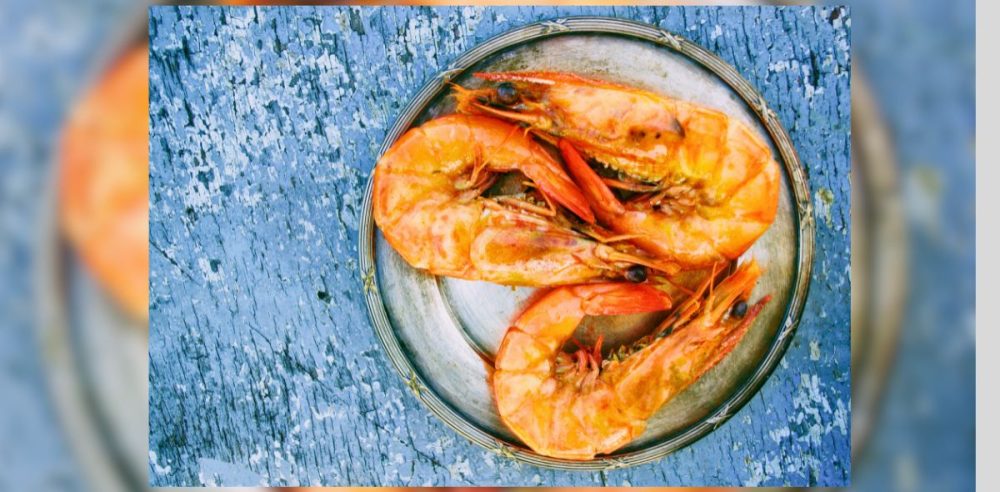Many consumers prefer their seafood to be clean and wild-caught, but recent reports indicate that is not what they are getting in Texas restaurants.
In December 2024, the FDA reportedly refused 79 entry lines of shrimp because of alleged contamination with veterinary drug residues. Sixty-eight of these lines originated from Best Aquaculture Practices certified facilities located in Asia, with an overwhelming majority coming from India and China, according to Seafood News.
This is not the only problem facing Texas consumers with shrimp right now.
“Everything is Bigger and Better in Texas, Including Consumer Fraud,” a recent SeaD Consulting press release stated, adding that “60% of Galveston and Kemah Restaurants Found Serving Imported Shrimp While Implying Texas Wild Caught.”
SeaD was basing its assertions on a recent study the consultant group had conducted.
“Out of 44 restaurant samples tested, 26 restaurants were confirmed to be serving imported, farm-raised shrimp, rather than Gulf shrimp as implied, through using a Rapid ID Genetic High Accuracy Test (RIGHTTest),” a statement from the organization read.
The study also found that several of the sampled restaurants explicitly advertised Gulf shrimp on their menus and charged higher prices for it despite the shrimp not being from the Gulf of America.
SeaD has replicated this study several times and previously found similar data in Mississippi.
According to local fishermen, this has real-world effects.
“The local Gulf shrimp we pull in is now sold for less than $1.00 per pound, when it used to be $3.00 a pound, because of these deceptive practices. A 60% fraud rate is not shocking to me, but I’ll bet diners have no idea how much they are being duped,” Galveston commercial shrimper and Texas shrimp diva Nikki Johnson-Kunz said of the misleading advertising.
SeaD’s latest investigation came after Federal Trade Commissioner Alvaro Bedoya sent a letter to the ten highest-grossing seafood restaurants in the country in October, warning them against falsely or misleadingly implying that they are serving American wild-caught seafood when they are actually selling foreign, pond-raised seafood.
The action was taken at the urging of the Southern Shrimp Alliance, a Southern trade group.
“Country-of-origin labeling rules administered by the U.S. Department of Agriculture provide consumers with information regarding the source and production type of shrimp sold at grocery stores. However, no similar federal law or regulation requires similar disclosures at restaurants,” the Alliance website said at the time.
Neither the latest SeaD study nor the Alliance has said where the foreign shrimp originated. However, it is worth noting that Texas’s shrimp market is suffering from oversaturation because of foreign competition from India and elsewhere.
Congressman Troy Nehls (R-TX) previously told The Dallas Express, “Our American shrimpers are being squeezed to the point that they’re going to lose their businesses. And many of these businesses are second, third, fourth generation.”
Nehls had just introduced the Save Our Shrimpers (SOS) Act. He said the law would prevent the IMF and World Bank from supporting this foreign competition and giving these competitors a market advantage regarding skirting health, safety, and labor standards.
Five Texas counties have issued disaster declarations because of their struggling shrimping industries, the Texas Observer reported.
The SeaD press release on the deceptive marketing practices concluded by calling for greater usage of SEAD’s Rapid ID Genetic High-accuracy Test (RIGHTTest), public awareness, and action from the Texas legislature to establish and enforce regulations against mislabeling farm-raised shrimp as domestic products.


